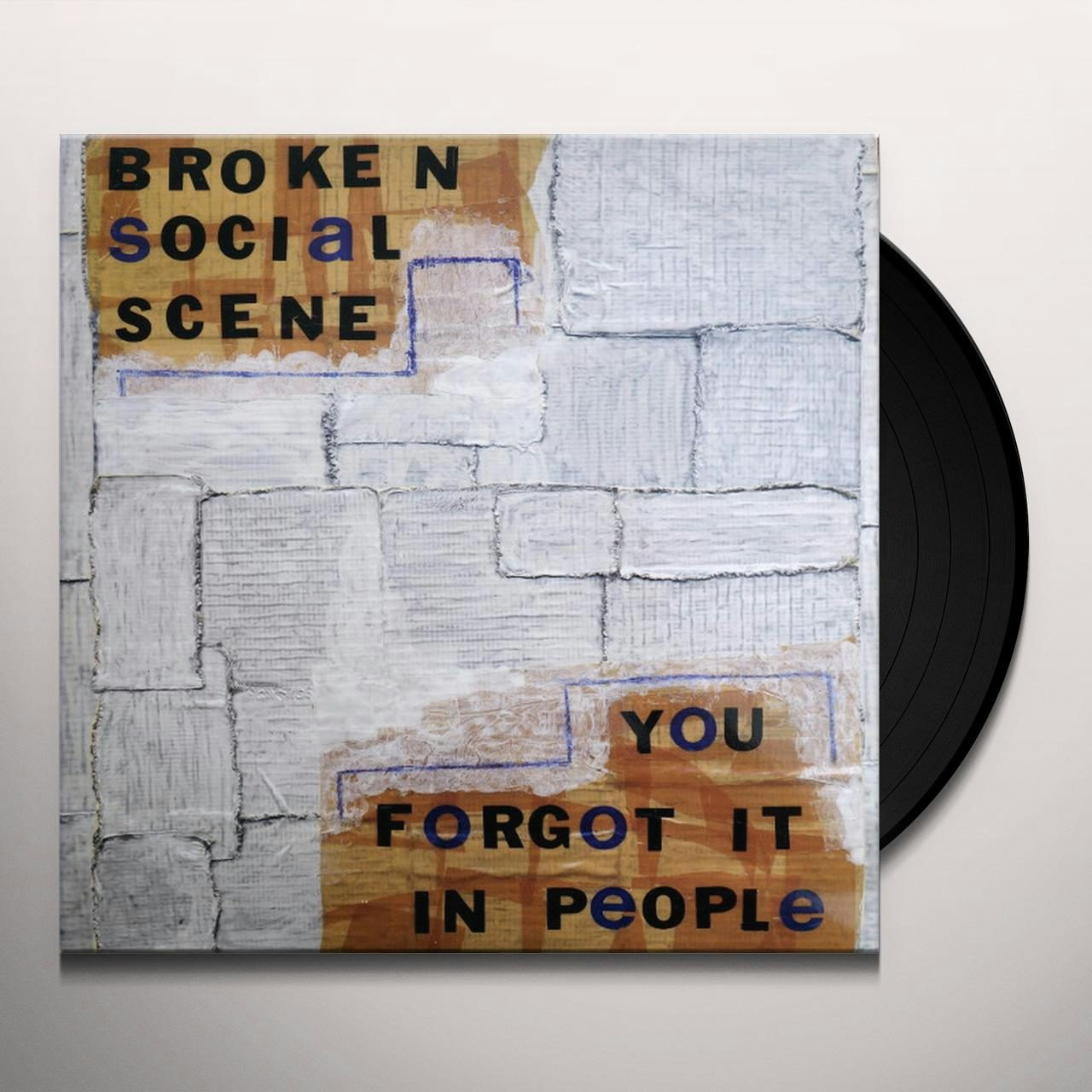

The album begins softly with “Capture the Flag,” a song that reminds us strongly of the meandering soundscapes of Feel Good Lost. And with these ideas they captured the nostalgic restlessness of youth and uncertainty, a theme that would become increasingly persistent in the genre of indie rock. With these diverse talents came sounds and influences of post-rock, post-punk, folk, pop, and world music (whatever that really means, but that’s a debate for another day). With You Forgot It In People, BSS had gathered a larger and more diverse set of members, bringing together a unique collection of sounds that were not guaranteed to mesh together smoothly… but they did. To truly understand what was being done with You Forgot It In People, we need to know that their first album, Feel Good Lost, was an almost entirely instrumental, ambient post-rock album. Today I’m going to tell you why You Forgot It In People, their breakthrough album, is a staple in the indiesphere and incredibly deserving of a spot on the r/indieheads essentials list. Got all that straight? Well this might help, or might make things worse.įour full-length albums were released under the “Broken Social Scene” name on the Arts & Crafts label – Feel Good Lost (2001), You Forgot It In People (2002), Broken Social Scene (2005), and Forgiveness Rock Record (2010), as well as B-side collections following the releases of You Forgot It In People and Forgiveness Rock Record. Other notable members included ( (singer), Emily Haines, Lisa Lobsinger, and other members of ( (band), Stars, and more. The collective was centered in Toronto and was essentially the brainchild of original core members Kevin Drew and Brendan Canning, the first of whom had first formed a small post-rock group called KC Accidental with additional founding member Charles Spearin. With a fluid structure consisting of many musicians drifting between these different projects, Broken Social Scene “contained” almost 20 members at times. Isn’t that often how the best art is made? They opted instead to be referred to as a “musical collective,” stating that, in their circles, artists are constantly collaborating and contributing to multiple projects all the time. You could call them a supergroup, and you might be getting closer. You could call them a band, and you wouldn’t technically be wrong. This week, one of my favorite users, /u/mattyb712, wrote a great piece on Broken Social Scene's You Forgot It in Peopleīroken Social Scene was a difficult group to define. Hey everyone, welcome back to For Your Consideration, the weekly thread talking about albums not on our essentials lists and discussing them, posing the question whether or not they deserve a place on our prestigious /mu/-core essentials chart.


 0 kommentar(er)
0 kommentar(er)
